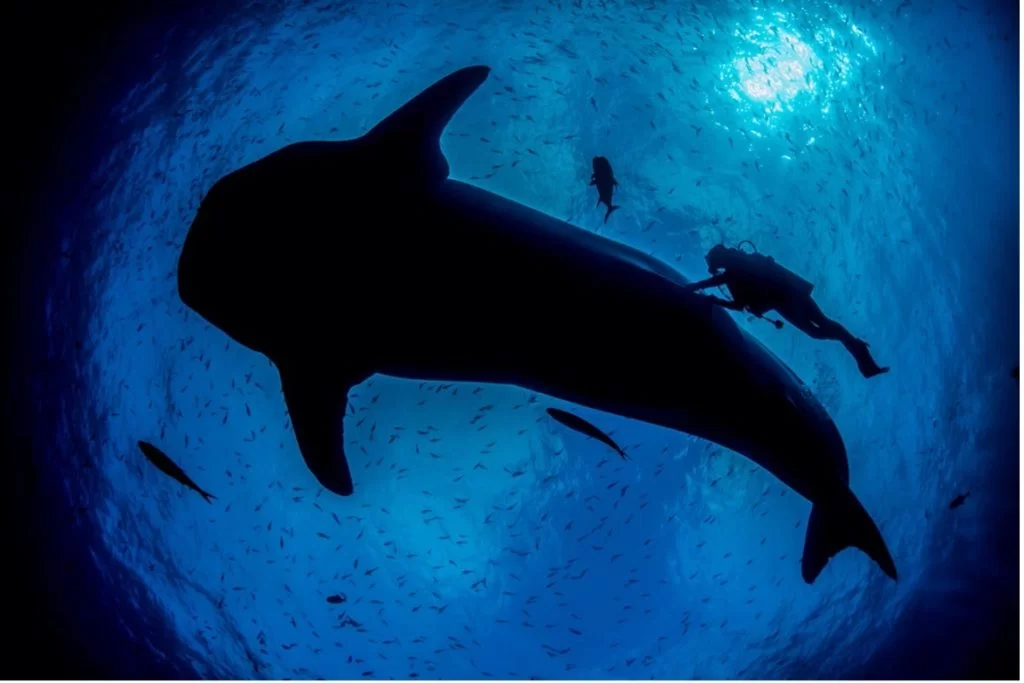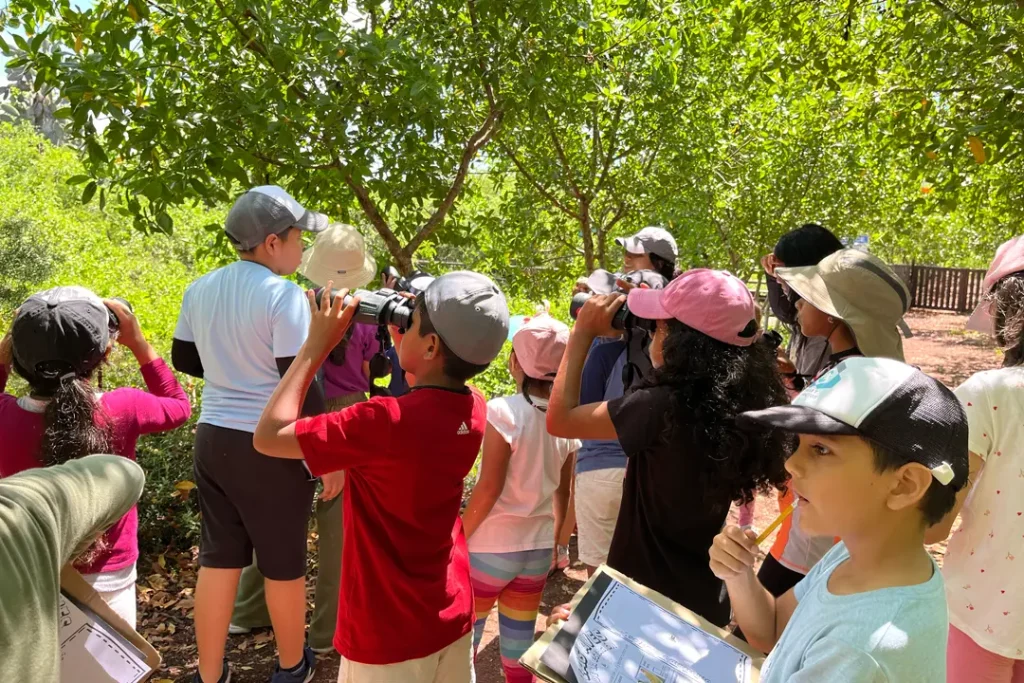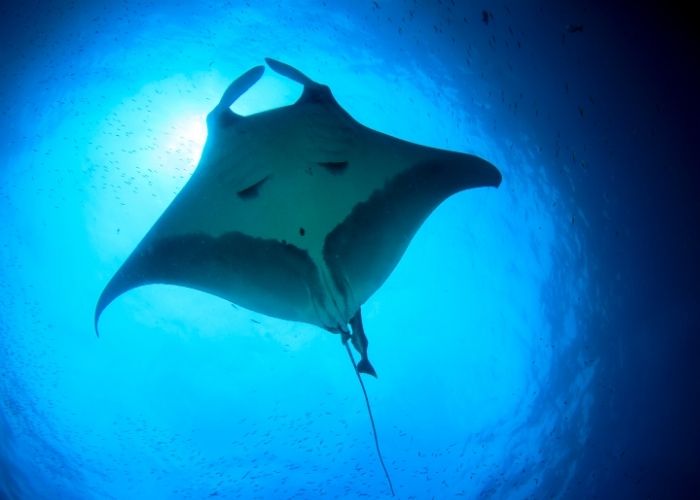Experts believe that the Galapagos Archipelago has the only place in the world where you could see pregnant female Whale Sharks. Sofia Green pointed out that Whale Sharks are a rare species, with 99% of them females, who transit the Galapagos Islands waters between June and December. She stated that by keeping these Galapagos adult females, we can protect a group possible reproductive mothers of the species at risk of extinction.
Galapagos Conservancy’s support has been vital in continuing our study on Whale Shark reproduction. We will find out if the Galapagos Whale Sharks arriving in Galapagos have become pregnant or are in an important part of their reproductive cycle. The hormone levels are determined using blood samples. Once they leave Galapagos, the whales are tagged with GPS tags to track their movements.
Green stated that Galapagos Conservancy has supported the community in educational and scientific activities. They have given presentations and gone out with fishermen to search for Whale Sharks. This is a collaborative effort to conserve them.
The International Union for Conservation of Nature (IUCN Red List) has listed the Whale Shark as Endangered.



